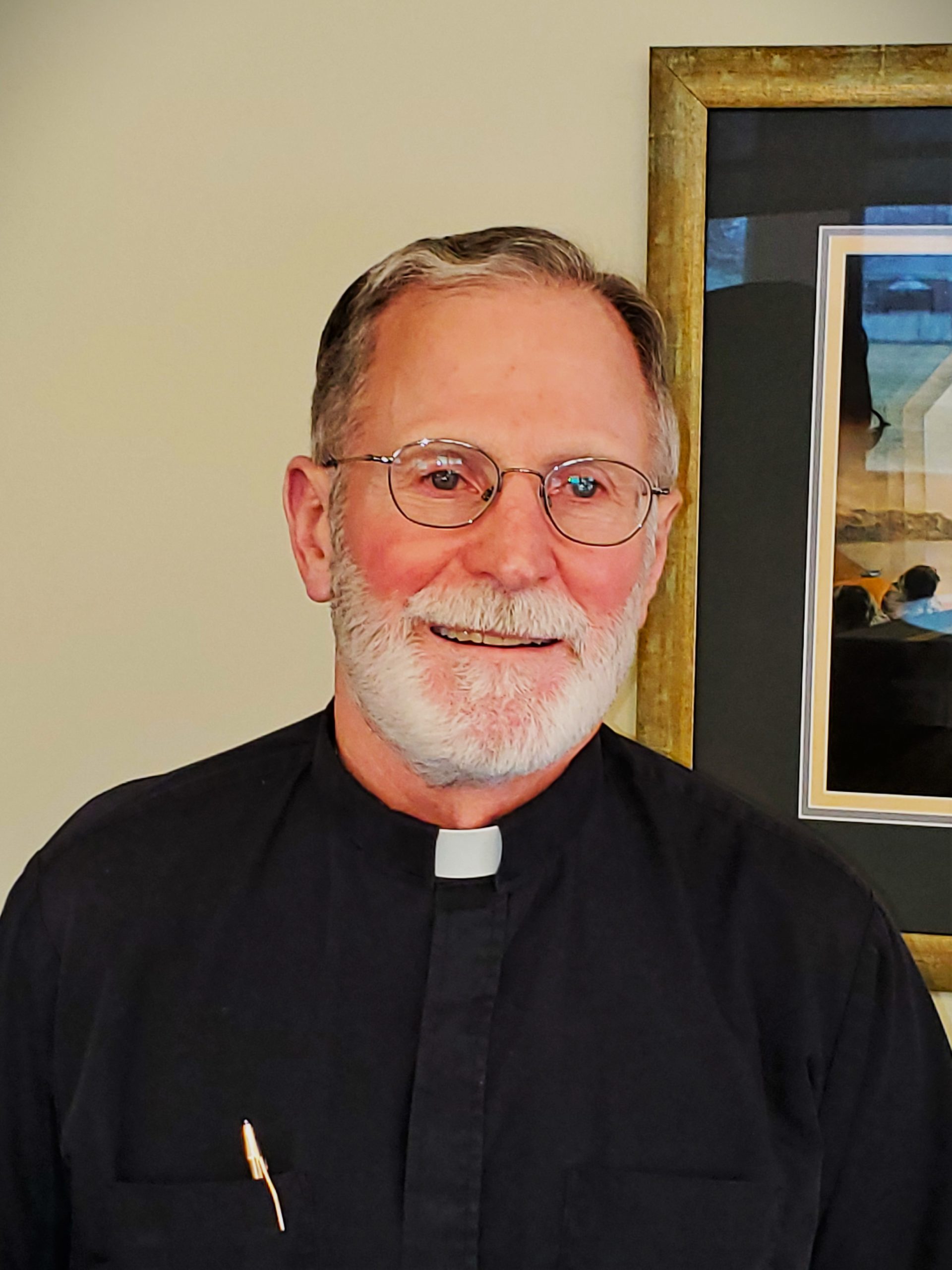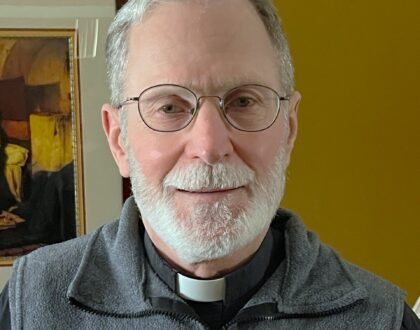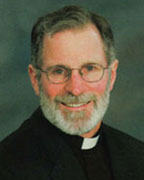Homily, September 15, 2024

From The Pastor
The world by its nature bears an enormous influence on the formation of our identity and response to its ways. The world teaches us to seek and secure control, security, and personal independence against the vulnerability and pitfalls that surround us. Part of this is human nature through the instinct of self-preservation. Part of it is the desire for pain-free existence against the undeniable suffering of the human condition. A great part of it is our proneness to sin, comfort, and pleasure driven by a culture of competition to be one step ahead of our enemies or the one who wants what I have. Our capitalist culture and profit driven advertising draw us to want every form of comfort and pain relief available.
Each of these influences and many others create an immediate tension in the Christian virtue of other centered self-giving love. Much about Christianity is profoundly inviting yet suffers against the weight of worldly values of power, control, and competition to be in an up position. Worldly comfort is inviting.
Christianity offers the power and truth of love revealed in the person of the Lord Jesus; the Incarnate presence of the Divine God comes to live among us. In the essence of love, Jesus shows us what is possible as a fully alive human being who embraces the truth and practice of love. Consider the willingness of God to suffer and die in the person of Jesus, purely out of love, to save us from sin and death. The mystery of love and its suffering is indisputable. Why does love so often lead to the felt suffering of surrender and self-giving in service to the beloved? The Almighty nature of Divine love is unmerited, freely given self-surrender in the person of Jesus for the sake of our union with God. Only out of death can new life be realized. This includes the little deaths of putting the needs of another ahead of my will and want, as well as the ultimate surrender to our bodily death as a path to eternal life. Only love has the capacity and motivation to seek such a path through committed faith.
That said, who do you say Jesus is? If with Peter you profess Jesus as the Christ and Messiah, how is that reflected in your life? Today’s gospel passage is the most frequently repeated scripture in the lectionary cycle. Its value and importance are at the center of our faith. Its meaning, purpose, and intention is our identity in the person of Jesus as we long for eternal glory.
It may seem the questions of Jesus are about what Jesus wants to know about himself and what others are saying about him. This is not the case. Jesus subtly leads the disciples into a maturing knowledge and commitment of who he is and what it means to follow him.
First, Jesus asks what others are saying about who they believe he is. It is always easier to offer an opinion of what others say rather than make a commitment about yourself. Jesus’ second question raises the stakes as the disciples must consider the nature and importance of Jesus in their own lives.
But who do you say I am?” How they answer will determine the rest of their lives. As stated in another gospel, only by the revelation of the Father does Peter confess, “You are the Christ.” For not knowing the full meaning of what he said, Peter is boldly proud of his insight.
Then comes the identity of what it means to be the Christ as Jesus predicts his rejection and death, followed three days later by his Resurrection. Consider the bravado of Peter in the swell of this profession of faith that he would rebuke Jesus for such a prediction. Peter is thinking in the way of the world and not in the way of God. Jesus turns the rebuke back on Peter in the harshness of calling him a Satan, a tempter against the will of the Father.
How does any of this play in our own lives? In the Christian truth love is a suffering. Anyone who has given themself in love to another knows this. The suffering of love is, on the one hand, the tension of longing and desire for union with the other. On the other hand, it is the surrender of my will and wants for the good and service of the other. In love, Jesus willingly and without resentment gave his life for the love of us and our eternal union with Divine love for all eternity. That is the goal and promise of the Christian truth.
The questions of Jesus are timeless and pertinent in every age. Such questions can be an important and effective part of spiritual growth and awareness. In a time of prayer consider these questions. Who do you say Jesus is? What place and importance does Jesus hold in your life? Is your profession of faith evident in the way you live and express love in your life? Perhaps a preceding question is, who do you say you are? Who does Jesus say you are? Your answers and reflections to these questions will give you insight into your identity, meaning, importance, and value in life.
Your life matters. Your love matters. Jesus is the Christ. By his dying and rising you are one with him and he is one with you. When you are inclined to complain in the service of others, remember the love that is your deepest truth.
Father John Esper
Recent Sermons

Homily, March 30, 2025
March 27, 2025

Homily, March 23, 2025
March 20, 2025

Homily, March 16, 2025
March 11, 2025

